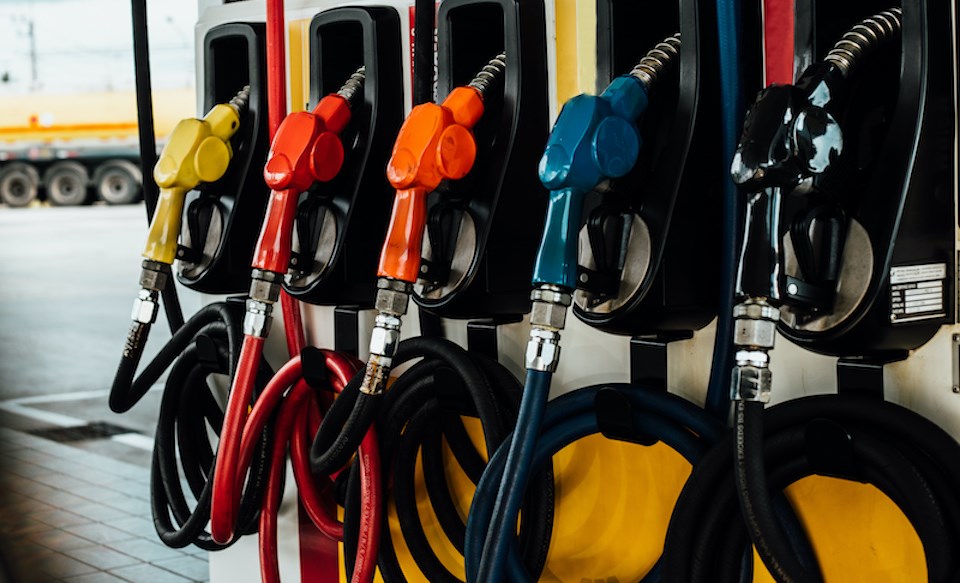Premier David Eby is finally starting to understand the pain carbon taxes inflict on normal people.
“A lot of British Columbians are struggling with affordability,” Eby said last week. “If the federal government decides to remove the legal backstop requiring us to have a consumer carbon tax in British Columbia, we will end the consumer carbon tax in British Columbia.”
That’s a good first step. But British Columbians need relief now. Eby should immediately scrap the carbon tax, not wait until he gets permission from Ottawa.
Other provinces have already provided carbon tax relief regardless of objections and threats from the federal government. Eby should invite that same fight with Prime Minister Justin Trudeau.
In Saskatchewan, Premier Scott Moe stopped collecting the carbon tax on natural gas, despite threats and objections from Ottawa. In the months after, Moe saw a jump in the polls.
“This should be about fairness and getting relief for the people of this province,” Saskatchewan NDP Leader Carla Beck said when her party’s MLAs voted alongside Moe’s government to scrap the carbon tax on home heating fuels.
Unlike B.C., Saskatchewan households get their natural gas from a provincial Crown corporation. That makes it easier for Moe to stop collecting the carbon tax on natural gas than it would be in B.C. But Eby should learn from Moe’s fight with Trudeau.
In Alberta, former premier Jason Kenny killed the provincial carbon tax with his government’s first bill. Alberta scrapped its provincial carbon tax in June 2019 and it took Ottawa about 200 days to impose its federal carbon tax on Albertans.
That means Alberta families saw about $400 of savings before Trudeau rammed a new carbon tax down their throats.
Would Trudeau really force taxpayers in battleground B.C. to pay a federal carbon tax the year before a federal election? Trudeau has already shown a willingness to cave to political pressure.
Quebec and Atlantic provinces already have special deals with Ottawa that create carbon tax carve-outs. Quebec is allowed to charge a carbon tax that’s the equivalent of 12.5 cents per litre of gasoline, instead of the federal minimum of 17.6 cents.
The Trudeau government took the carbon tax off furnace oil, which provided relief predominately to taxpayers in Atlantic Canada.
Scraping the B.C. carbon tax would mean immediate savings for British Columbians.
If Eby scrapped his provincial carbon tax, families would save about $13 on every minivan fill up. If that family fills up that minivan once every week, they will save $670 in a year.
The average B.C. household would save $330 this winter if there was no carbon tax on the natural gas used for home heating. That’s a week and a half worth of dinners for a family of four.
And it’s not just the direct costs of the B.C. carbon tax that takes a big chunk out of families’ wallets. A trucker pays an extra $200 per fill-up because of the carbon tax.
The carbon tax makes it more expensive to haul a load of groceries from the farm to the processing plant and then to haul them from the processing plant to the grocery store.
At a time when one in five British Columbians are facing food insecurity, cutting the carbon tax would leave more money in struggling taxpayers’ pockets.
And many British Columbians aren’t getting rebates.
Imagine a family of four with both parents working full-time minimum wage jobs. With mom and dad each making the provincial minimum wage, the family’s income would be $69,600. The carbon tax rebates start shrinking as soon as a four-person family makes $57,288.
When families making minimum wage don't receive the full rebate, it’s a good indication the money isn’t reaching many already struggling to get by.
British Columbians can’t afford for Eby to wait for Ottawa’s permission. We need a premier who will show real leadership and put the last nail in the carbon tax’s coffin.
Carson Binda is the B.C. director for the 91‘≠¥¥ Taxpayers Federation.


